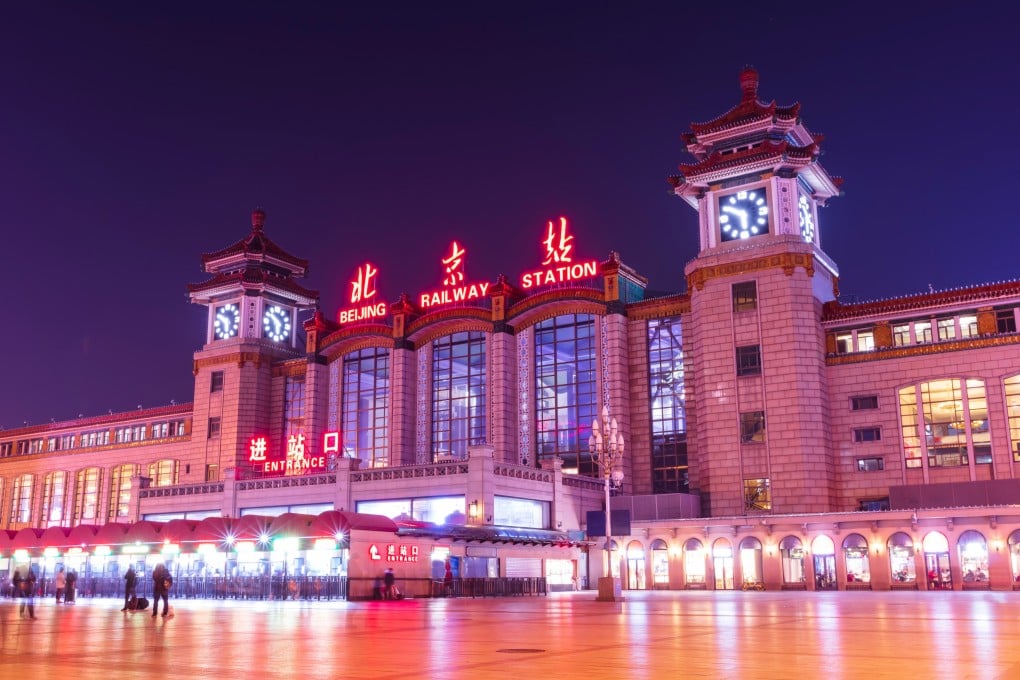Opinion | What’s in a name? Debate on Beijing Railway Station’s designation on map puts spotlight on China’s search for balance in the world
- Beijing authorities have walked back and forth between using ‘station’ or zhan for designating the city’s railway station on an English subway map
- Beneath this debate over the name of railway terminals, there lies China’s quest to determine its position in the world

Should a Chinese railway station be plainly identified as “station” on an English-language subway map? Or should it bear the name that locals call the terminal, which is zhan?
The matter is, obviously, a technical issue about translation. But it has also captured public interest in the nation’s capital, where the Beijing subway authority has walked back and forth between those two versions.
The argument for using station is that the map was designed for those who cannot read Chinese. It does not really help if the map uses Pinyin, which is a system that spells Chinese names and words with the Latin alphabet based on their pronunciation.
The logic for using zhan is simple: a foreigner in China has to know the pronunciation of a place’s name to make it easier to ask for directions. On a different note, it is not the country’s duty to entertain a foreigner’s ignorance of the nation’s language.

Beneath this debate over the name of railway terminals, there lies China’s quest to determine its position in the world. Should China bend its practices to follow so-called international norms, or should the country set its own rules and let others follow if they want to deal with these practices?
Fifteen years ago, this debate about a name would have been easier to figure out.
